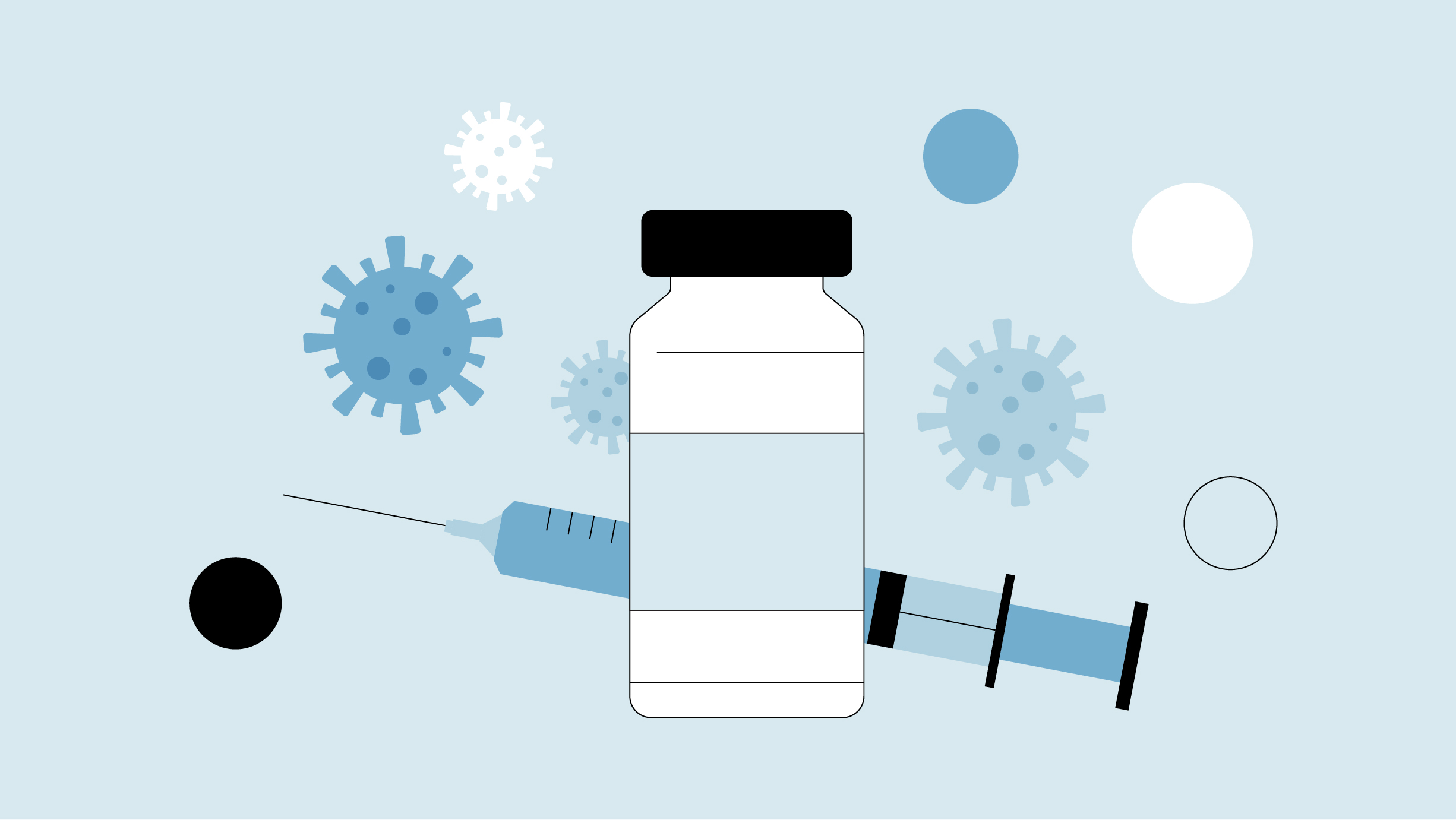What should I tell my care team before I take this medication?
They need to know if you have any of these conditions:
- Cancer
- Have had hepatitis
- Infection
- Liver disease
- Recent or upcoming vaccine
- Stomach or intestine problems, such as colitis
- Weakened immune system
- An unusual or allergic reaction to ocrelizumab, other medications, foods, dyes or preservatives
- Pregnant or trying to get pregnant
- Breastfeeding
What may interact with this medication?
- Alemtuzumab
- Anifrolumab
- Belimumab
- Natalizumab
- Rituximab
- Vaccines
This list may not describe all possible interactions. Give your health care provider a list of all the medicines, herbs, non-prescription drugs, or dietary supplements you use. Also tell them if you smoke, drink alcohol, or use illegal drugs. Some items may interact with your medicine.
What should I watch for while using this medication?
Your condition will be monitored carefully while you are receiving this medication.
This medication can cause serious allergic reactions. To reduce the risk, your care team may give you other medications to take before receiving this one. Be sure to follow the directions from your care team.
Talk to your care team if you wish to become pregnant or think you might be pregnant. This medication can cause serious birth defects. Effective contraception is recommended during and for 6 months after stopping treatment.
This medication may increase your risk of getting an infection. Call your care team for advice if you get a fever, chills, sore throat, or other symptoms of a cold or flu. Do not treat yourself. Try to avoid being around people who are sick.
If you have hepatitis B, talk to your care team if you plan to stop this medication. The symptoms of hepatitis B may get worse if you stop this medication.
In some patients, this medication may cause a serious brain infection that may cause death. If you have any problems seeing, thinking, speaking, walking, or standing, tell your care team right away. If you cannot reach your care team, urgently seek other source of medical care.
This medication can decrease the response to a vaccine. If you need to get vaccinated, tell your care team if you have received this medication. Extra booster doses may be needed. Talk to your care team to see if a different vaccination schedule is needed.
Talk to your care team about your risk of cancer. You may be more at risk for certain types of cancer if you take this medication.








